How To Find The Best Dairy Alternatives
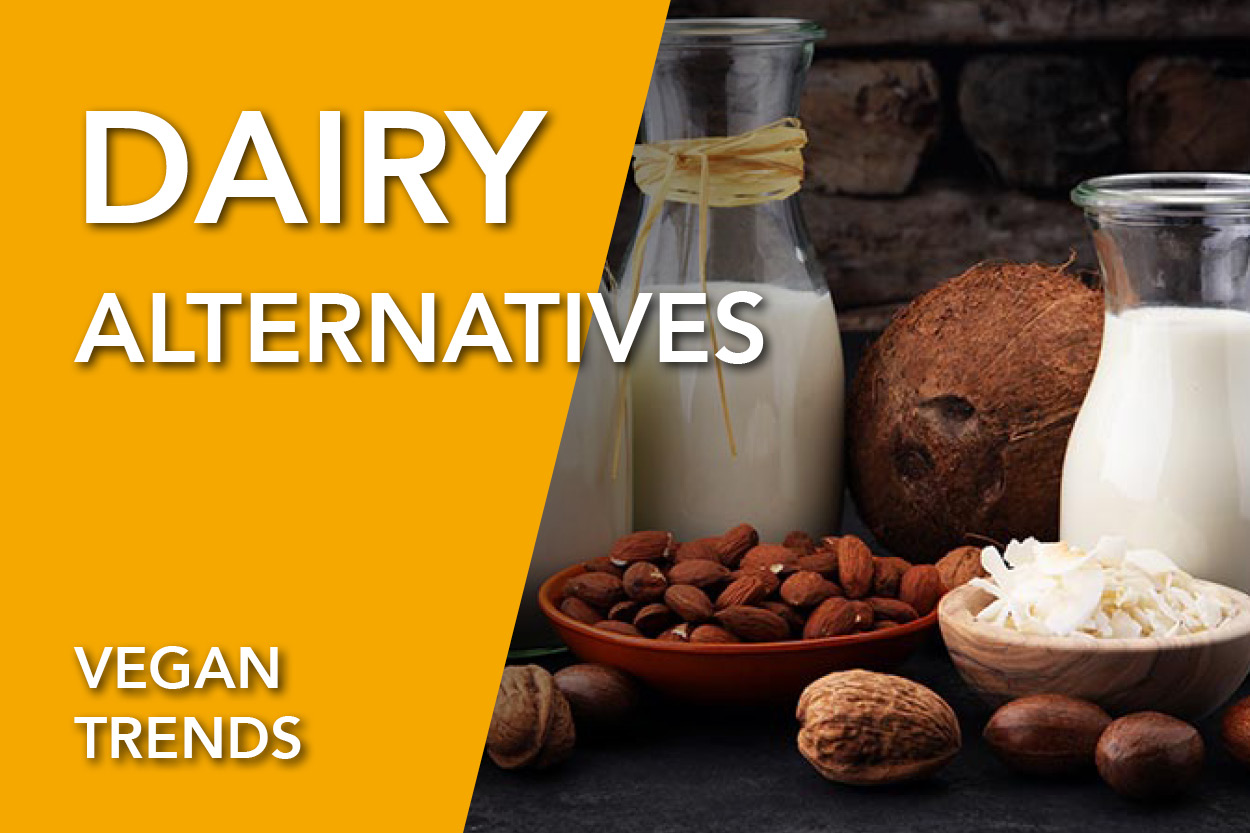
Everything you need to know about plant-based cheese, milk, and egg alternatives
Over the last decade there has been a noticeable change in consumer preferences when it comes to dairy-free products.
The global revenue of the dairy alternatives market in 2019 was $16.1 billion USD, and is projected to reach $41 billion USD in 2025, with a CAGR rate of 16.7%.
The rise of veganism, environmental awareness, and food intolerances have all contributed to the demand, meaning there has never been a better time for food and beverage brands to expand into this product category.
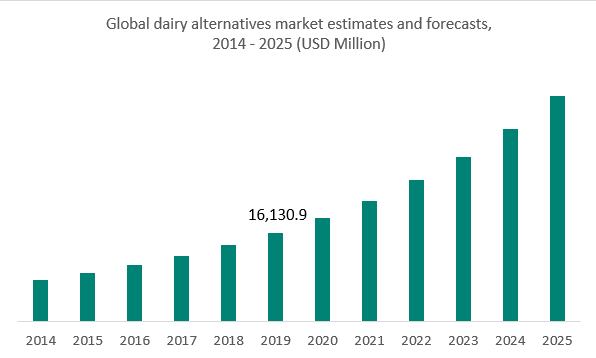
So, let’s take a look at some of those frequently asked questions around plant-powered dairy.
How can you milk a nut?
The manufacturing process used to make plant milks is simple. So simple in fact that you can make most of them from the comfort of your own home.
All you need to do is soak your chosen base ingredient in water and then blitz it in a high-powered blender. Finally, strain through muslin for a smooth consistency.
Many off-the-shelf plant-milks are fortified with key vitamins and minerals, like B-12, which are often lacking in a vegan diet, adding to an all-round nutritional product that can then be used to make other dairy-free foodstuffs.
The plant milk product category is the most established of the dairy-free sector with a value exceeding $12 billion USD in 2019.
People
For your business to succeed and survive overseas, you need to have the right people onboard, and have the right connections on the ground in your chosen market.
Internally, you need to get buy in from key stakeholders to ensure that your international efforts receive the same level of support as your domestic activities. An internal owner should be identified to drive international export for your business, usually a member of the senior management team.
In the early stages of Internationalisation there can also be benefits to bringing In external expertise In this area to support and grow your understanding of how to take your products out to export markets. Setting up the first few overseas partnerships and deals and ensuring you set off on the right road to long term success can be hugely beneficial.
You should also consider who you will have on your side in-market. Building connections is vital for international trade. Consider working with an experience local intermediary who can help you navigate the market confidently. Find out why you should be working with international business partners here.
Production
When producing goods for export you will need to allow for flexibility in your production process, being able to scale up or scale down to meet the needs of your international customers is key.
In the beginning you should expect to produce much smaller product runs than you may be used to. You may also have to adapt your packaging or over-sticker your product information depending on the legal requirements of your target market – more on this below.
Alternatives for your brand could be to source products from elsewhere or find private label solutions to help manage the production challenges that you could face.
Research carried out by the BBC, identified that sales of plant milks peak each year in January. This probably comes as no surprise as many consumers dip their toe into a vegan diet as part of the Veganuary campaign.
Popular plant milks that are readily available in supermarkets include soy, almond, and oat, but there are so many more options. Here are some examples:
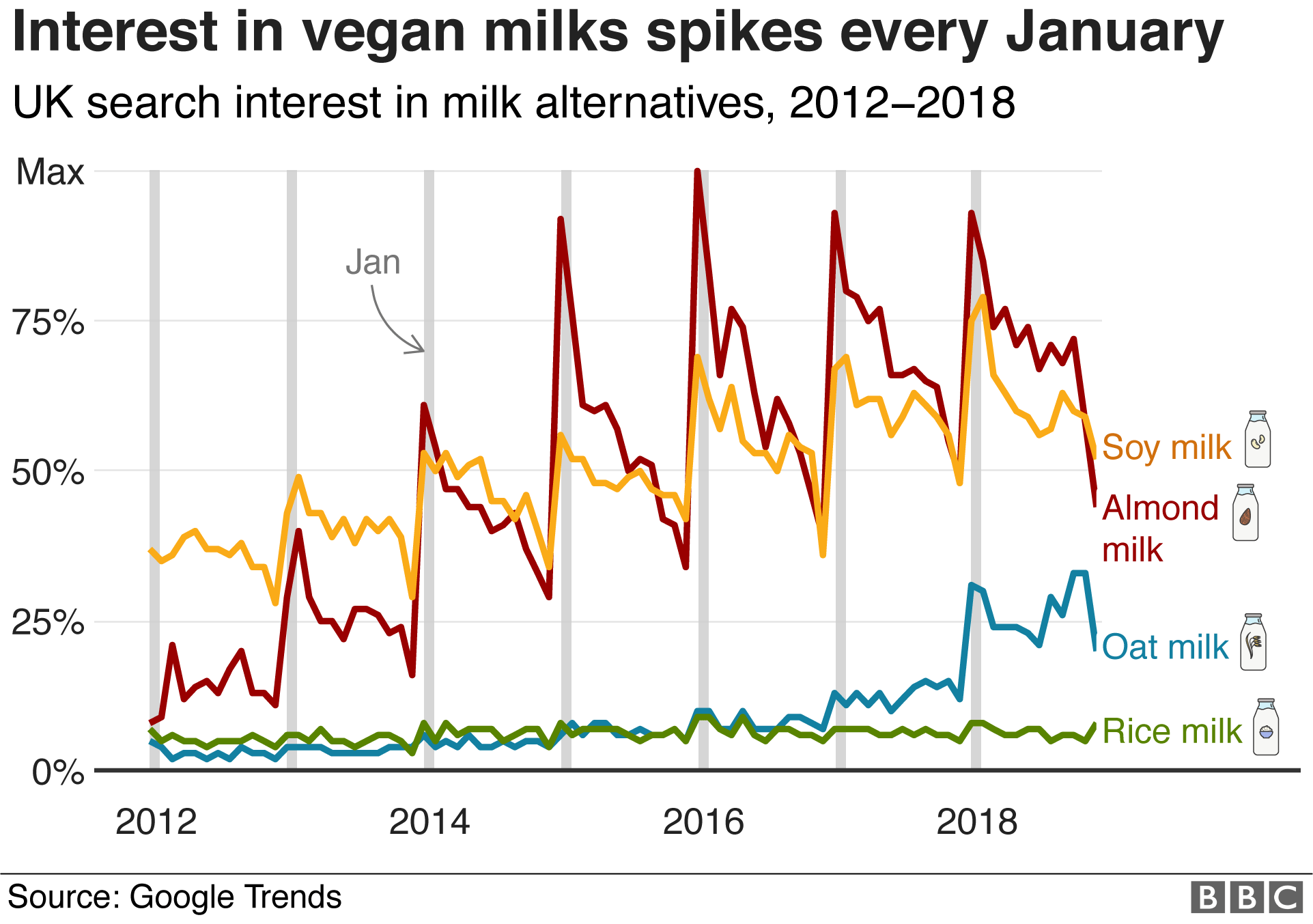
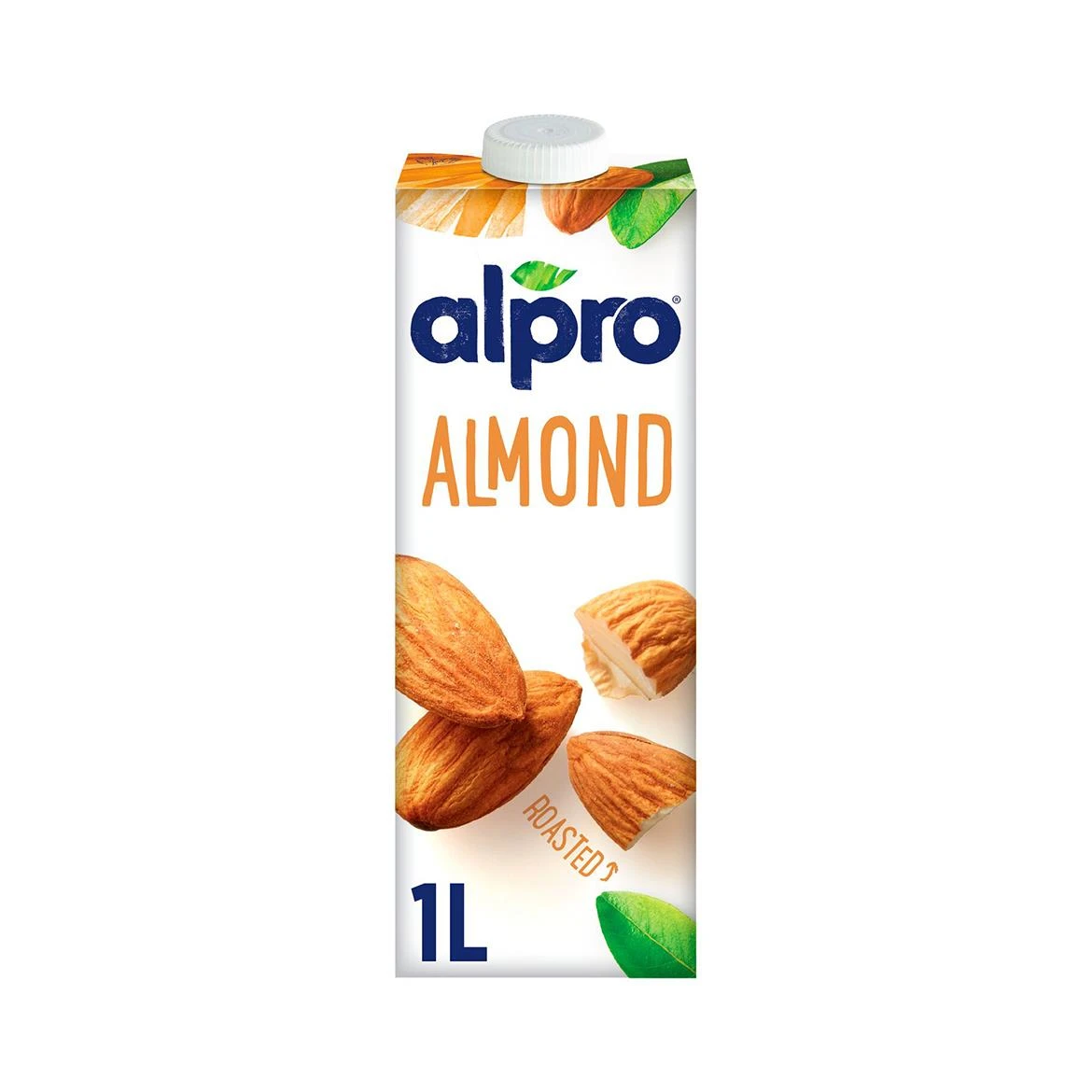
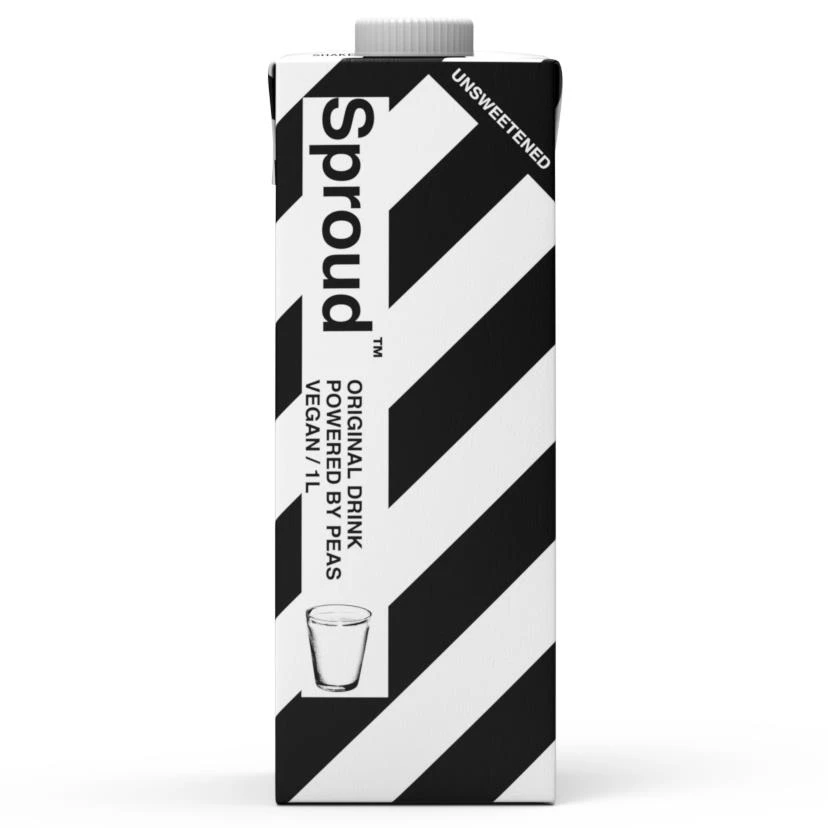
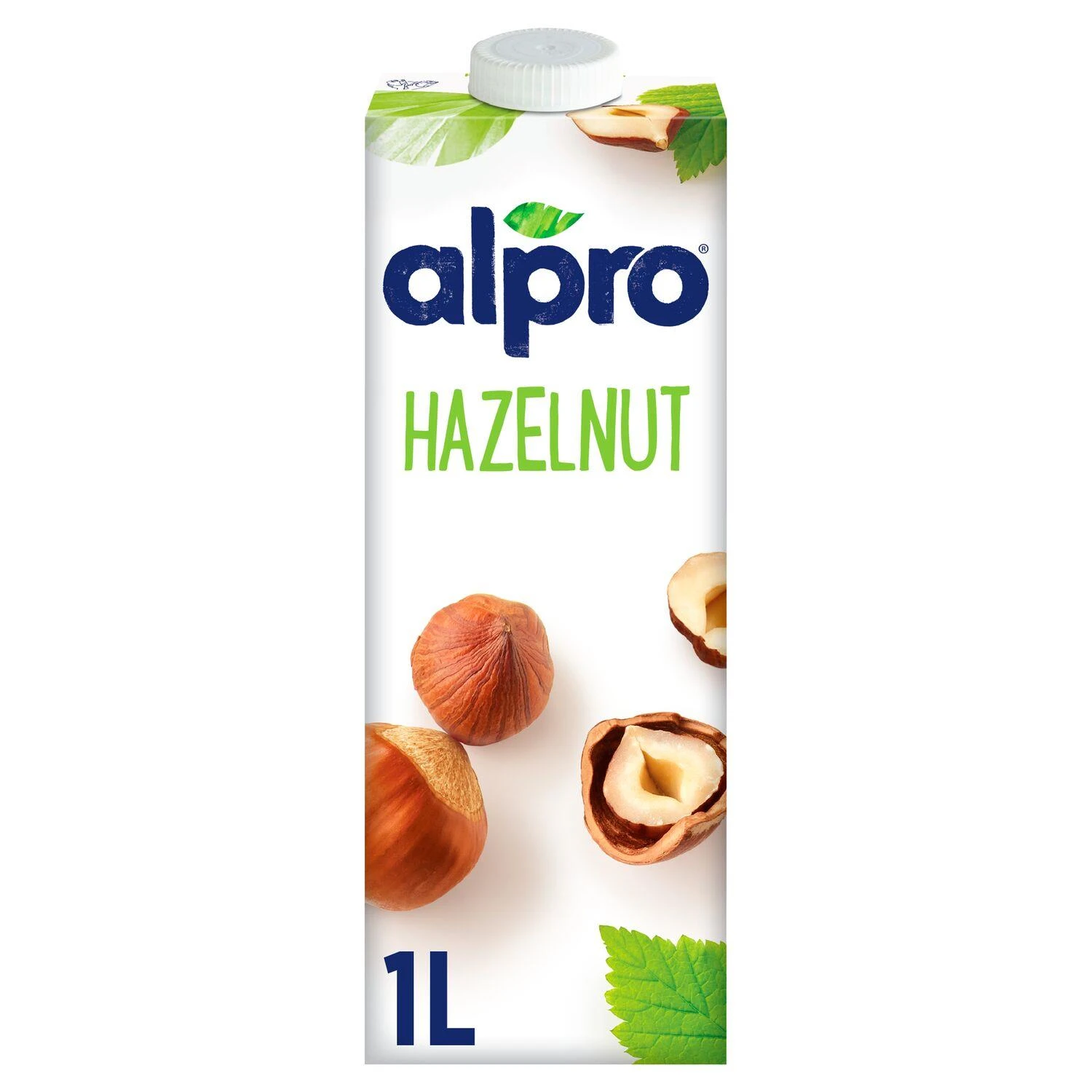
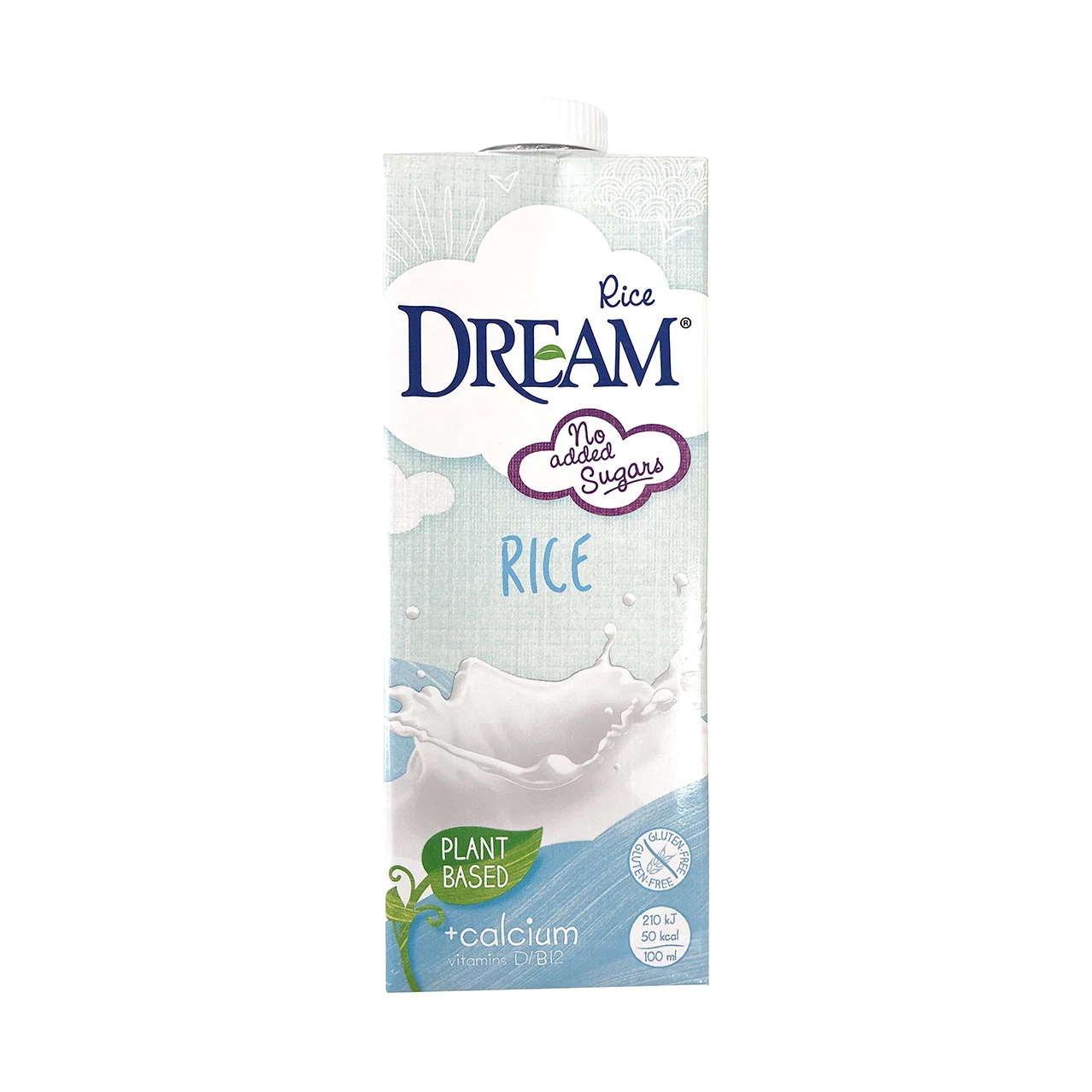
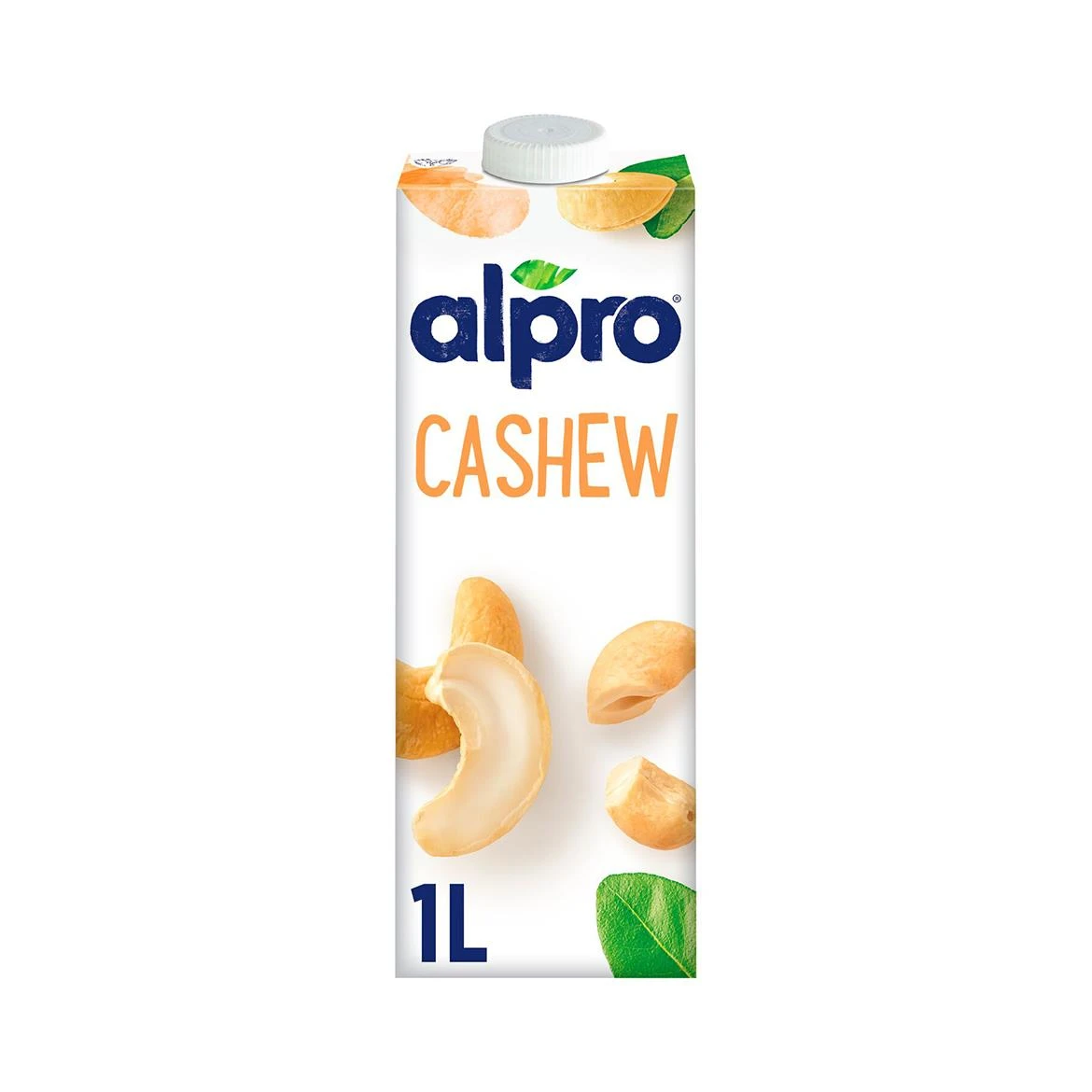
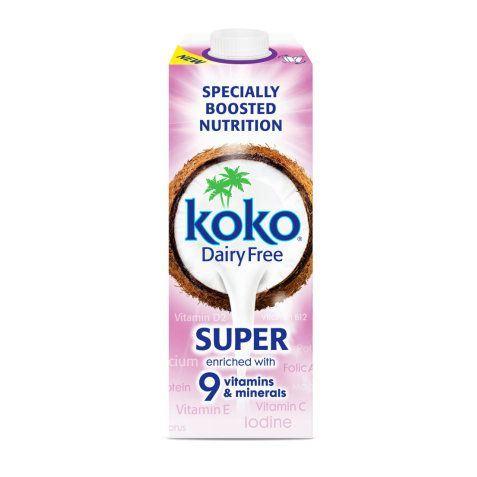
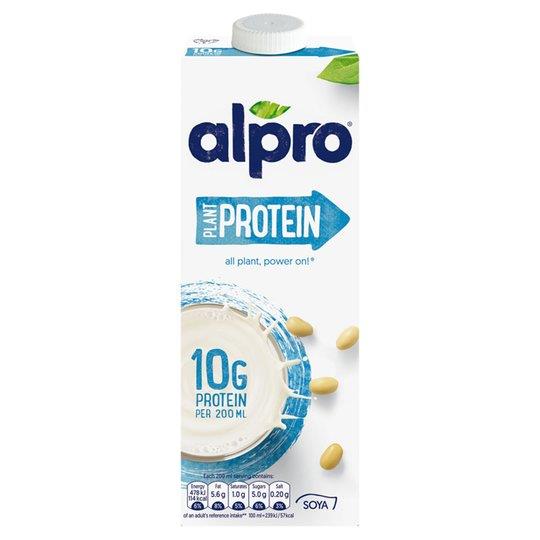
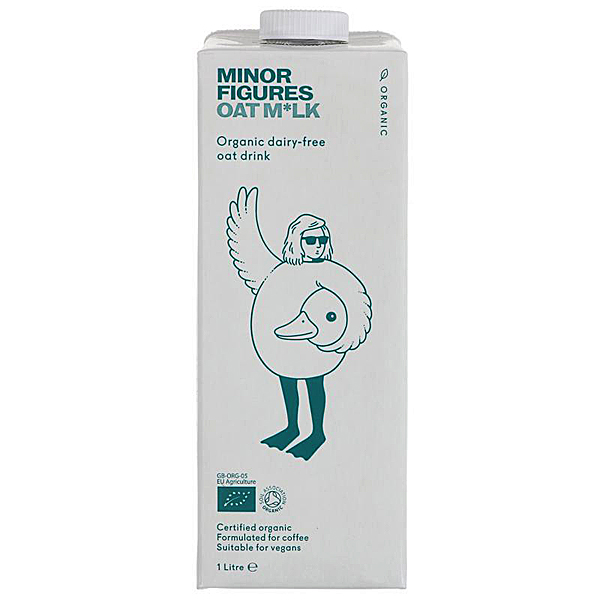
Are plant milks better for the environment?
Like the meat industry, the production of animal dairy products results in high levels of greenhouse emissions and uses more land and water than plant-based alternatives.
Research carried out by Oxford University, found that a single glass of dairy milk results in almost three times the amount of greenhouse gases, then alternatives.
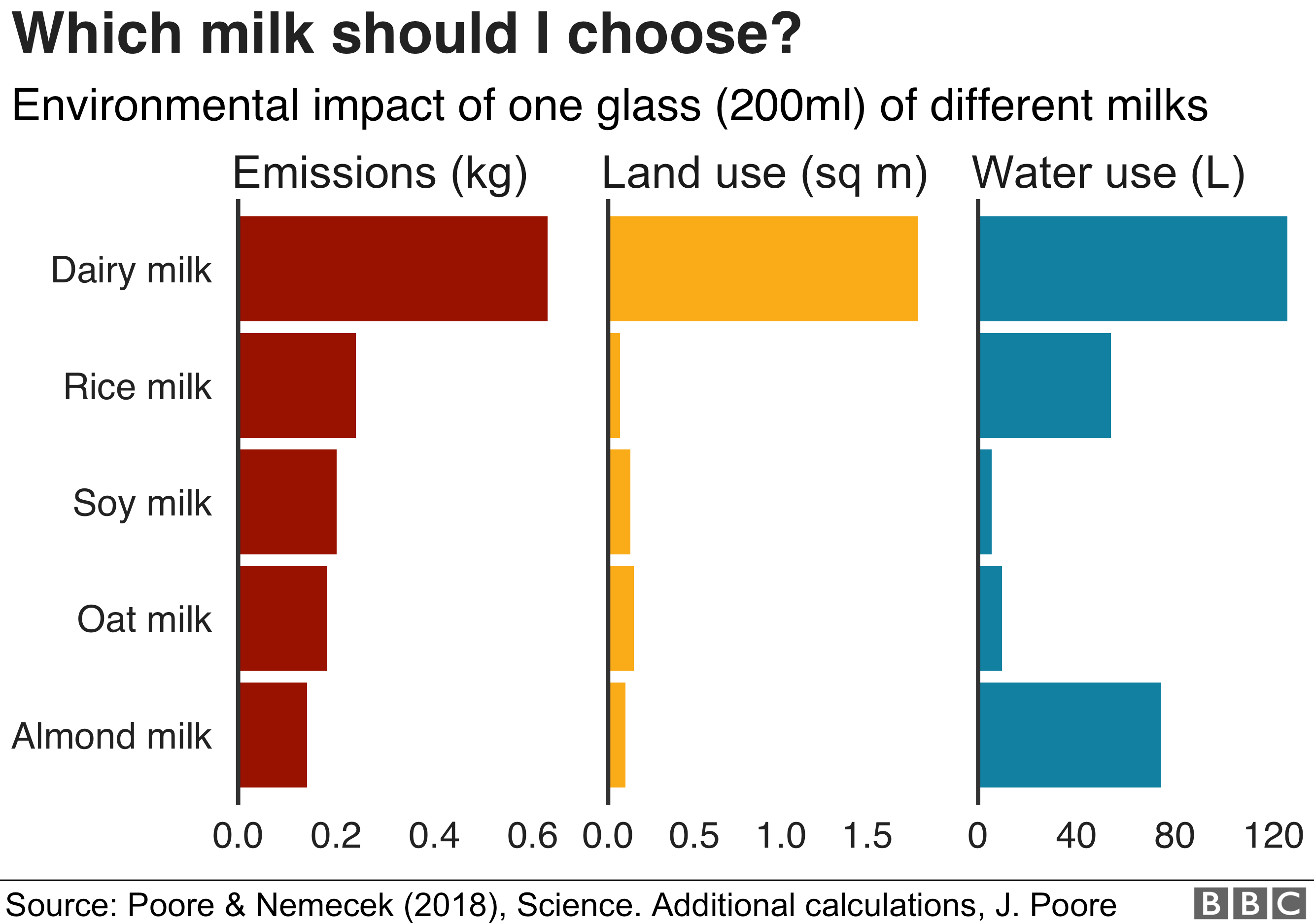
Of course, there’s also the carbon footprint to consider. Choosing a plant milk that is made closer to home will help the overall environmental impact of a particular product over another that has to be transported over a greater distance, or uses ingredients that have to be imported from further afield.
Are plant milks healthier than animal milks?
The table below compares the nutritional value of cow milk versus three popular plant alternatives.
| Nutritional content of fortified cow, soy, almond and oat milks | ||||
| Nutrient value per 250 mL cup |
Cow milk (whole) |
Soy milk (unsweetened) |
Almond milk (unsweetened) |
Oat milk (unsweetened) |
| Energy, kJ (kcal) | 620 (149) | 330 (80) | 160 (39) | 500 (120) |
| Protein (g) | 7.69 | 6.95 | 1.55 | 3 |
| Fat (g) | 7.93 | 3.91 | 2.88 | 5 |
| Saturated fat (g) | 4.55 | 0.5 | 0 | 0.5 |
| Carbohydrate (g) | 11.71 | 4.23 | 1.52 | 16 |
| Fiber (g) | 0 | 1.2 | 0 | 2 |
| Sugars (g) | 12.32 | 1 | 0 | 7 |
| Calcium (mg) | 276 | 301 | 516 | 350 |
| Potassium (mg) | 322 | 292 | 176 | 390 |
| Sodium (mg) | 105 | 90 | 186 | 140 |
| Vitamin B12 (µg) | 1.10 | 2.70 | 0 | 1.2 |
| Vitamin A (IU) | 395 | 503 | 372 | 267 |
| Vitamin D (IU) | 124 | 119 | 110 | 144 |
| Cholesterol (mg) | 24 | 0 | 0 | 0 |
The data shows some interesting results.
Almond milk has the lowest calorific content and saturated fat, but also has the highest amount of calcium, which is surprising when compared to cow milk.
Soy milk has a high level of protein, not far behind that of cow milk, and it also has the highest amount of Vitamin A which is key for growth and development, and maintaining the immune system.
Oat milk is higher in carbohydrates and fibre than the other milks, as can be expected with oat being the primary ingredient. It does however have the highest levels of potassium and Vitamin D out of the four milks.
You can see a combination of benefits across the four milks, but overall, the data shows that plant milks are generally better for you than cow milk.
Did you know that you legally cannot call soy milk, ‘milk’? Or vegan cheese, ‘cheese’?
EU legislation prevents brands from labelling plant-based products with the following words, ‘milk’, ‘cream’, ‘butter’, ‘cheese’ and ‘yoghurt’, to maintain the dairy industry’s dominance.
The legislation considers these words as synonymous with animal based dairy products, despite being used colloquially in reference to vegan products too.
Next time you’re in the supermarket, take a second look and you might notice that oat milk is actually labelled oat-based drink, or grated vegan cheddar is labelled cheddar-style shreds.
How do you make vegan cheese?
One product that consumers trying veganism for the first time tend to miss is cheese.
It’s true that there are lots of cheese alternatives on the market now, but many still don’t cut the mustard and are far from what people expect when looking for a replacement to their favourite cheddar, mozzarella, or stilton.
There are two main categories for plant-based cheese:
Nut or seed-based cheese alternatives are typically made from cashews, peanuts, pine nuts, sesame, or sunflower seeds.
Oil based alternatives are pretty much always made from coconut oil.
Other ingredients added include nutritional yeast, tapioca, potatoes, spices, and seasonings.
Vegan cheese typically has a bad reputation as no one has truly replicated the texture and flavour using 100% plant-based ingredients.
There are several alternative cheeses available in supermarkets, most of which are oil based. It’s worth noting that many brands continue to work on improving their products to deliver the best quality to their customers.
This is great for consumers as many rely on recommendations or word-of-mouth to find the best possible vegan cheese out there. Manufacturers should listen up and take note to stay ahead of the competition.
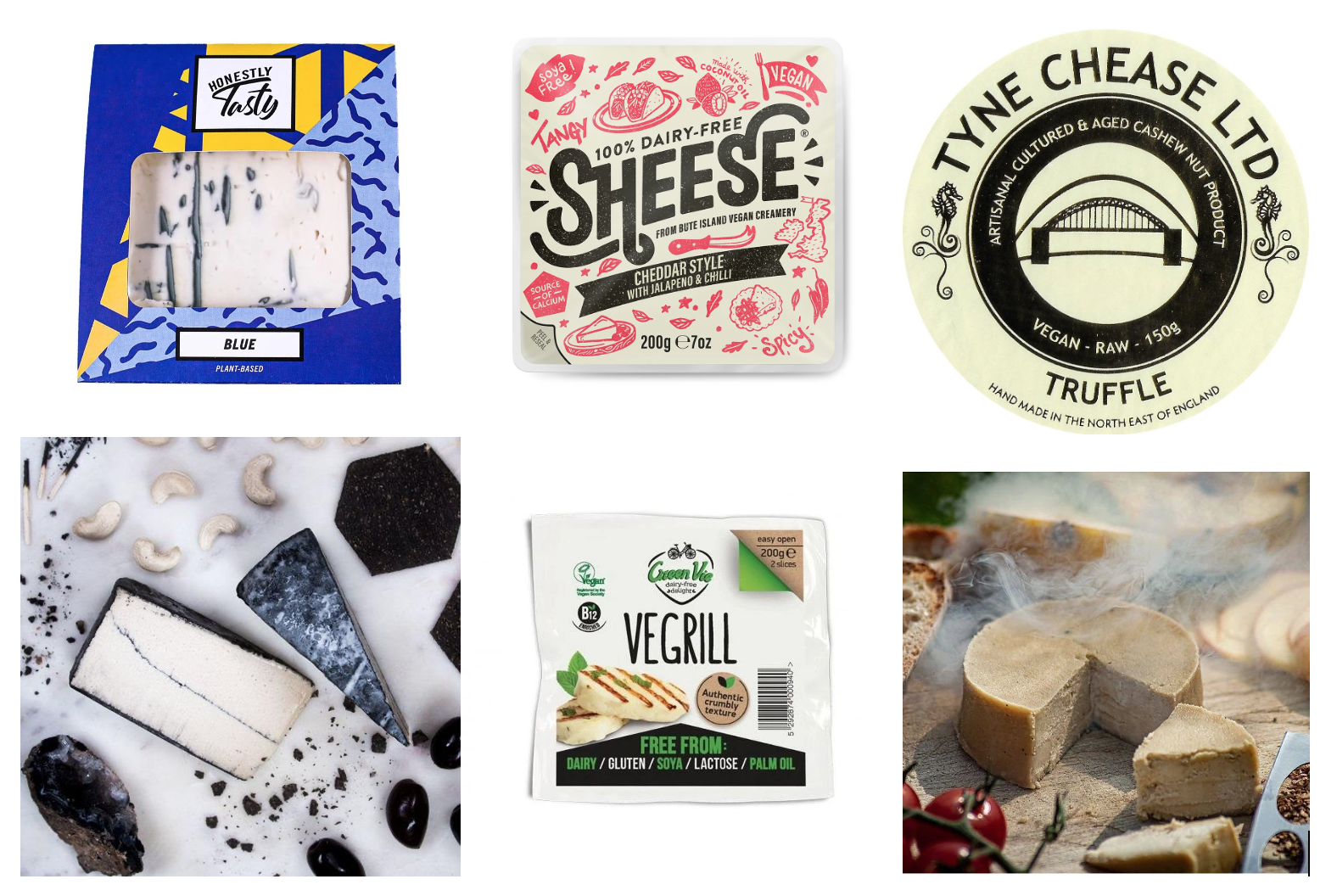
Over the last couple of years, there has been a rise in the number of independent, artisan cheesemongers specialising in plant-based cheese alternatives. These cheeses tend to be nut or seed based. These tend to be sold either online or through specialist stores like London’s La Fauxmagerie.
As products continue to improve in this category, so too does the demand. The global scale of the vegan cheese market is expected to reach $3.9 billion USD by the end of 2024, up from $2.1 billion USD in 2016.
What do vegans use instead of eggs?
Eggs are one of the most versatile ingredients in the kitchen. Fortunately for vegans or those with an intolerance to eggs, there are several plant-based alternatives that can be used as substitutes.
Some of these alternatives you may already have in your store cupboard. Gram (chickpea) flour, ground flaxseeds, the water from a tin of chickpeas aka aquafaba, and apple sauce. And of course, you can use tofu, and kala namak (Indian black salt) to add a sulphurous flavour to your scrambled “eggs”.
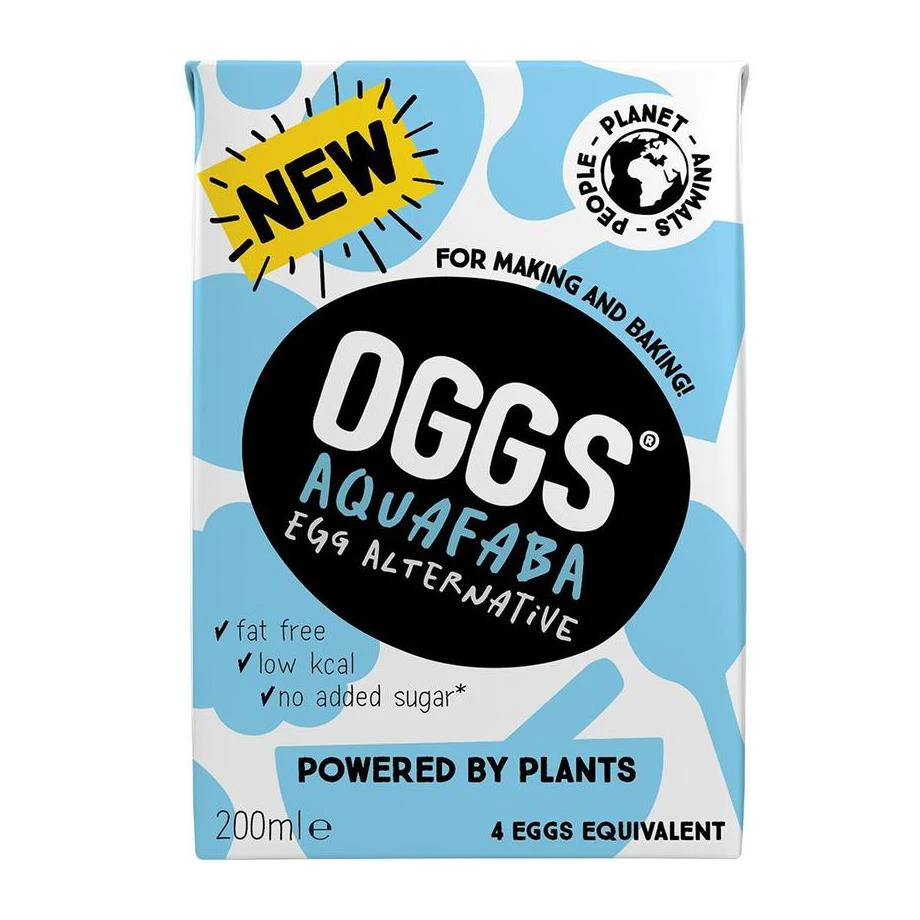
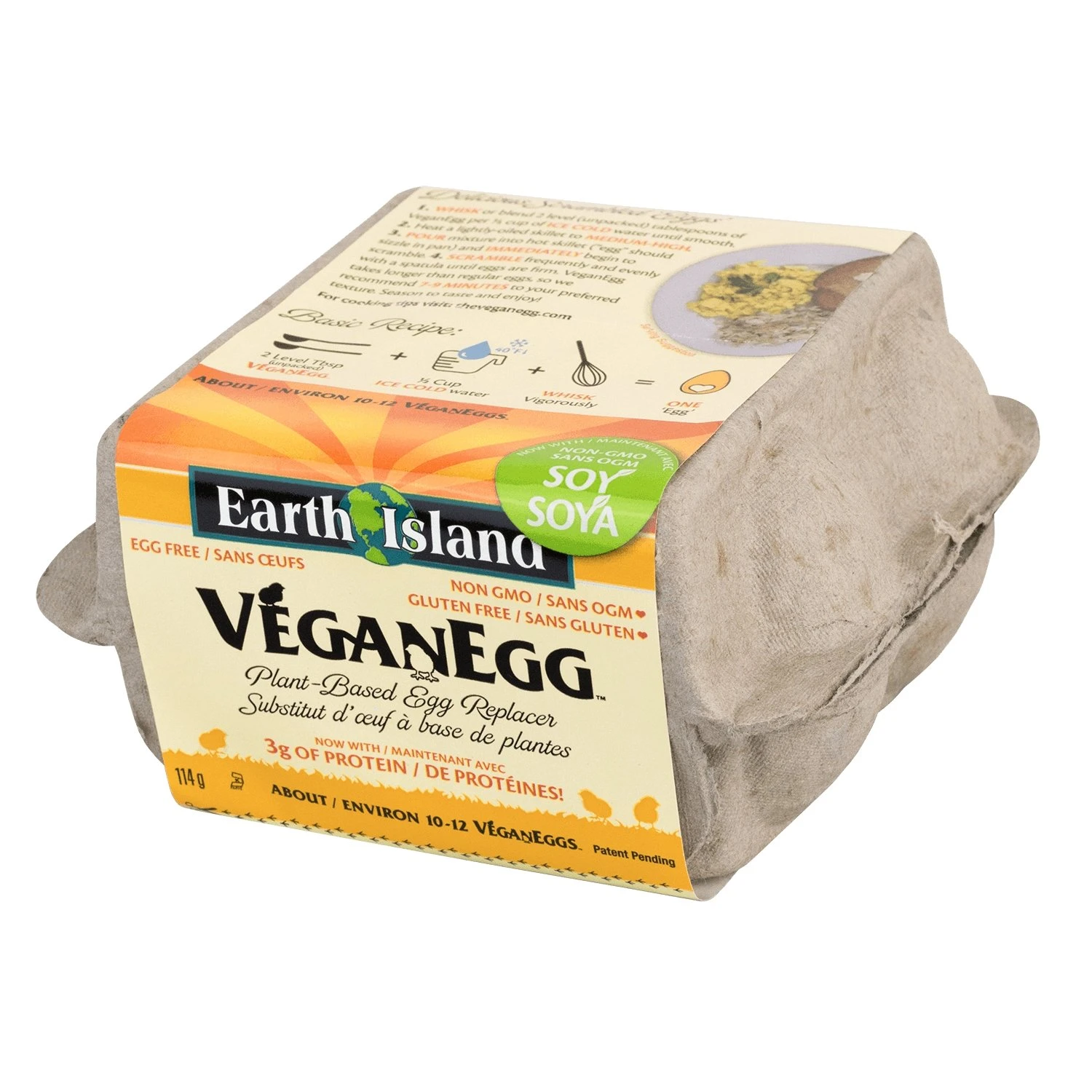
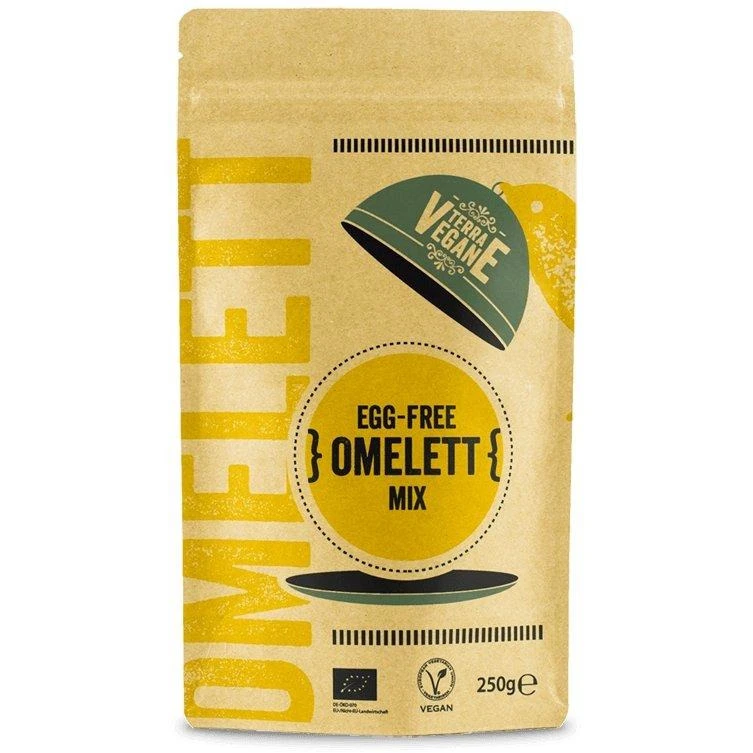
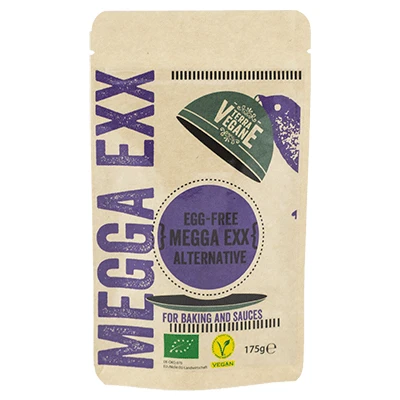
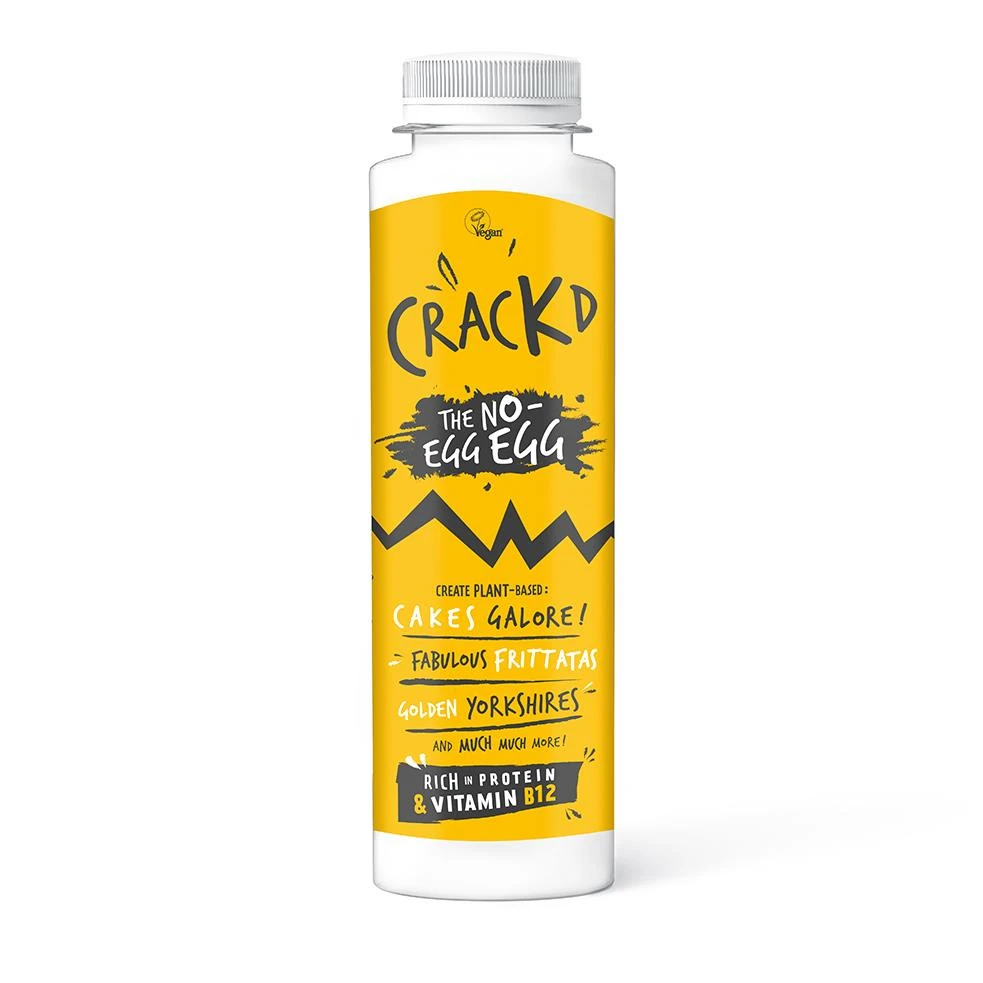
You can find some egg replacers in larger supermarkets and health stores, but specialist online stores like The Vegan Kind have a much wider range of ready-to-use options, both in powder and liquid forms.
Are there any dairy products you can’t make from plants?
No, not really. You can get dairy-free alternatives to ice cream, butter, cream, yoghurt, custard, and mayonnaise. You name it, you can almost guarantee that there is a vegan option out there.
Due to increasing consumer demand in the plant-based dairy category, there are so many opportunities for brands to develop new and exciting products.
What’s more, this market is growing on a global scale, particularly in the Middle East and Asia, so many brands in this space will also be able to maximise their reach overseas.
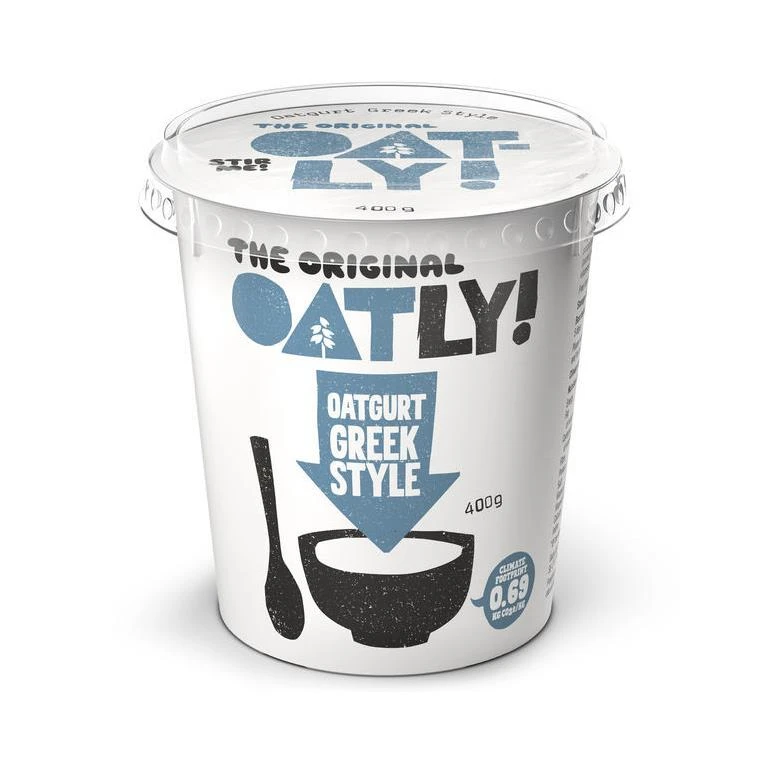
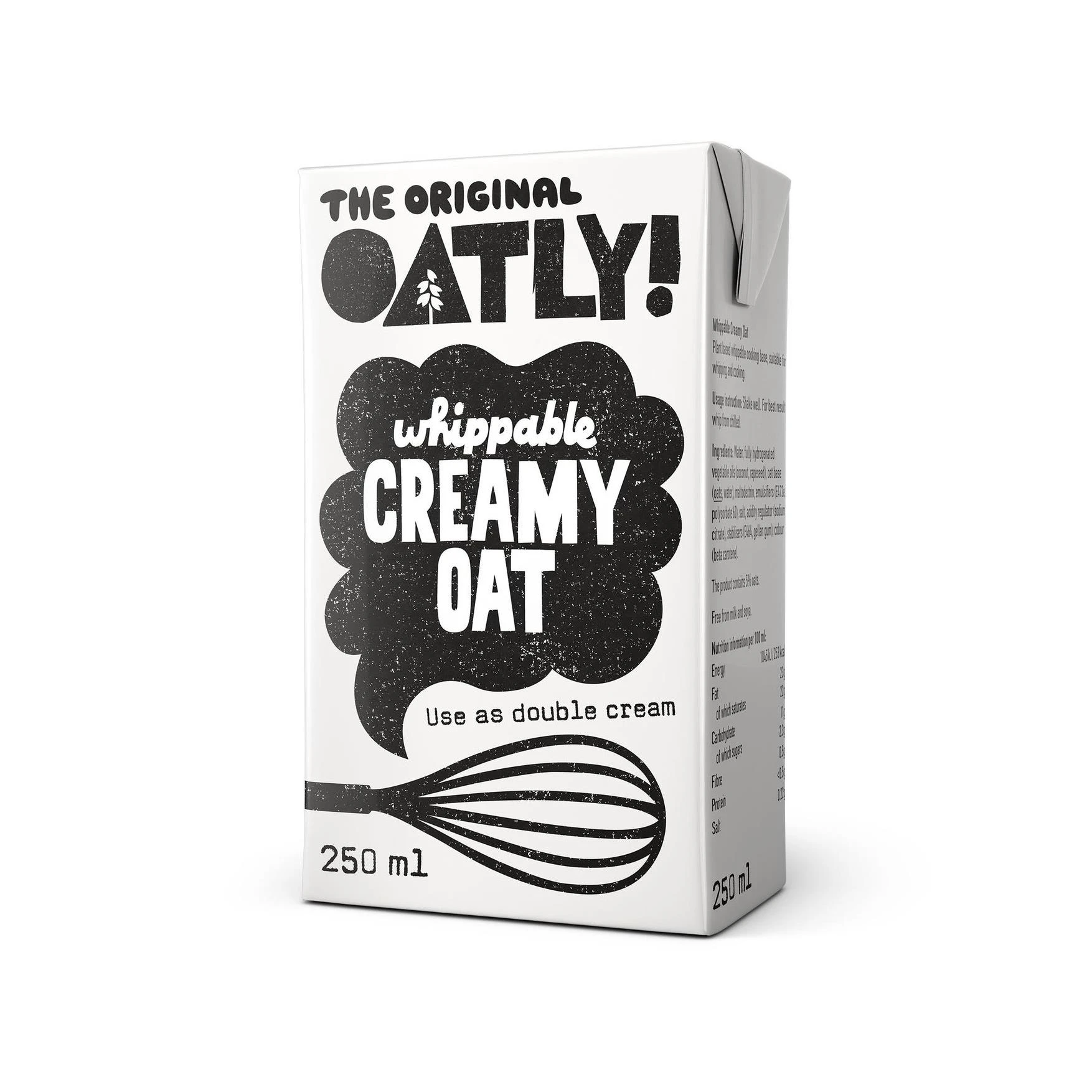
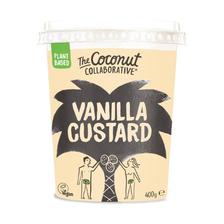
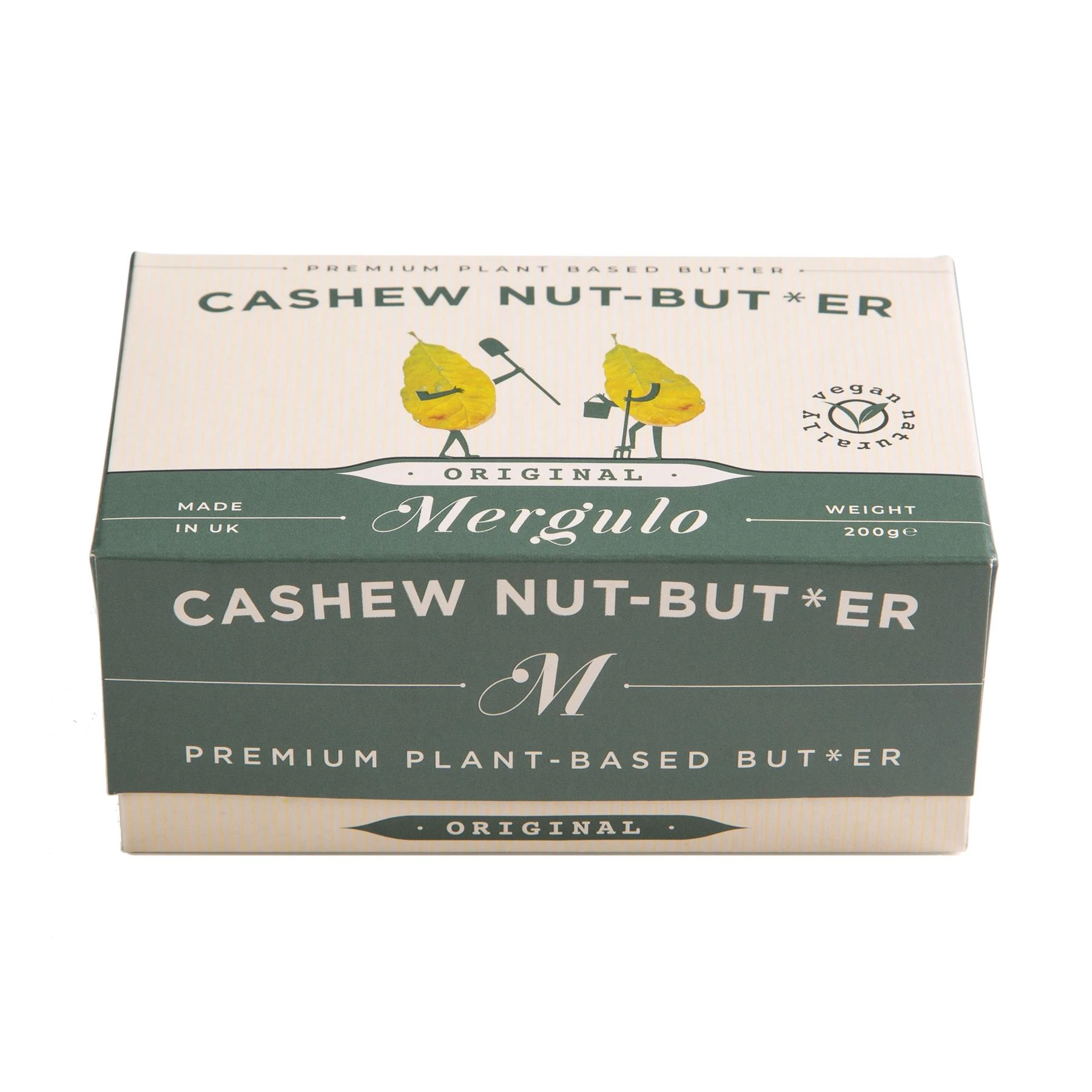
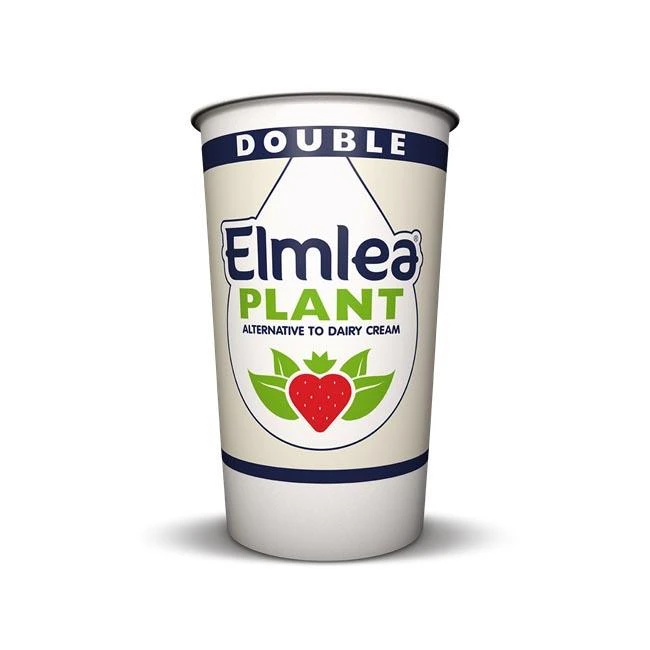
Did you know that global sales of dairy alternatives are projected to reach $54 billion USD in 2028?
Are you a brand owner looking to get your plant-based dairy products to market? Or a retailer looking for the hottest vegan brand to stock in your stores? Or even a distributer wanting to bring vegan cheese, milk, or other alt-dairy products to your home market?
Then look no further, Bolst Global has been helping health and wellness brands around the world reach new markets and new audiences for years. Want to know more about how we can help you reach your goals? Then get in touch today!
